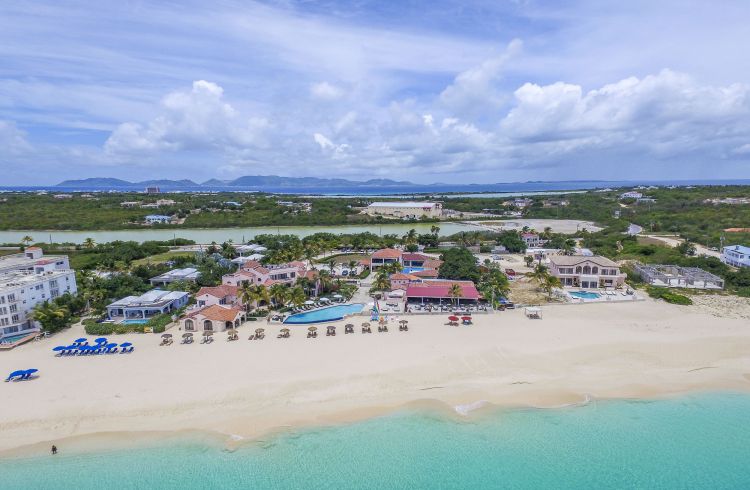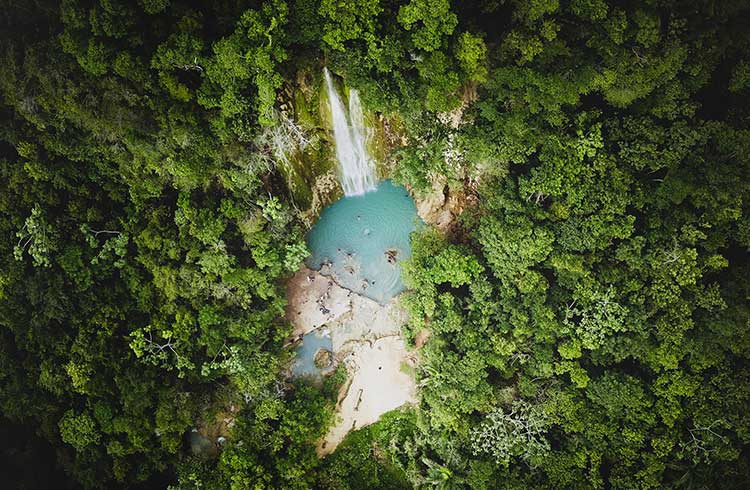Anguilla Travel Alerts and Warnings
What are the issues affecting travelers to Anguilla? Read the latest travel warnings and alerts.
 Photo © Getty Images/thierrydehove.com
Photo © Getty Images/thierrydehove.com
Previous travel alerts for Anguilla
Hurricane Maria - 18 September, 2017
Hurricane Maria, a category 1 storm is predicted to pass to the south of Anguilla on Monday, and it may have strengthened to category 3 by that time. Beware of strong winds and flooding from heavy rain. If yu have not already left the island you shold immediately seek the help of authorities in finding suitable shelter.
Worldwide 24-hour Emergency Assistance
Need assistance? Find the emergency contact telephone number for you.
So we can best assist you, please be ready with the following:
- Your policy number
- A contact number for where you are now
- The nature of your problem
- If you are ill or injured we will need details of medical consultations you have had
How to survive a hurricane
The absolutely best way to survive a hurricane is to avoid one. Get away from it, but if you make the decision to leave make that decision early. Do not leave it until the last minute because you may find yourself caught without proper shelter.
If you decide to stay and "ride it out" it is advisable to get to an authorized shelter. The locations of these will be broadcast, or locals will know where they are. If there is no shelter, prepare to "shelter in place" in an internal room without windows.
Once a "storm watch" has been issued, make sure you are prepared in the event that the watch becomes a "warning."
- Fill the gas tank of your car.
- Check batteries in flashlights and radios.
- Have extra batteries on hand.
- Secure all doors and windows.
- Close shutters or board up the windows.
- Have extra supplies on hand such as non-perishable food, clean drinking water, a half-gallon of water per person/per day (enough for a couple of days), and prescription drugs.
During the storm
- Never go out during the storm. The winds can send flying debris into you causing injury and even death.
- Stay away from windows and doors.
- Keep on the alert for additional storm warnings. Hurricanes are known to spawn tornadoes so be prepared to take cover if one should strike.
- While the storm is in progress avoid using electrical appliances.
- Stay off the telephone.
- All pets should be secure in carriers. The storm will be a frightening experience for them as well, and they could injure themselves or you if they panic.
- Do not light candles or lanterns; they could get blown over causing a fire.
- The eye of the storm passing over could make you think the storm is over when the worst is still yet to come. Only use this calm in an extreme emergency to make critical repairs.
- Only after an official "all clear" has been issued is it safe to come out.
After the storm
- Beware of downed power lines and gas leaks.
- Stay away from heavily damaged areas.
- Listen to your radio for instructions.
Am I covered for a hurricane?
There may be cover for you if you purchased your policy prior to the storm or hurricane being declared. Check your policy or call our customer assistance teams if you are unsure.
Coverage may vary depending on your place of residence and the level of cover you have purchased, however, GENERALLY the cover and benefits of Trip Cancellation or Trip Interruption may assist you. If regular carriage services to your destination have ceased for 24 hours or more (so you can't get there) you may be able to make a claim. Check with our customer assistance teams.
Hurricane Irma - 6 September, 2017
Now classified as a Category 5, Hurricane Irma made landfall early this morning on St. Barthelemy, St. Martin, and Anguilla. Widespread damage has been reported, but no casualties at this time.
Irma is now heading towards Puerto Rico and threatening St. Kitts and Nevis, the Virgin Islands, Hispaniola, and Cuba.
Travel warnings have been issued for Antigua, Barbuda, Anguilla, Montserrat, St. Kitts, and Nevis, Saba, St. Eustatius, and Sint Maarten, British Virgin Islands, U.S. Virgin Islands, Puerto Rico, Vieques, and Culebra, the Dominican Republic from Cabo Engano to the northern border with Haiti, Guadeloupe, Southeastern Bahamas and the Turks and Caicos Islands.
The United States has declared states of emergency in Florida, South Carolina, and Puerto Rico.
Aside from extremely strong winds, Hurricane Irma is likely to create a storm surge of 11 feet or more, and large, breaking waves. Heavy rains could cause life-threatening flash floods and mudslides.
Before you buy a travel insurance policy, check your government travel warnings and health advice – there may be no travel insurance cover for locations with a government travel ban or health advice against travel.
Related articles
Simple and flexible travel insurance
You can buy at home or while traveling, and claim online from anywhere in the world. With 150+ adventure activities covered and 24/7 emergency assistance.
Get a quote
No Comments